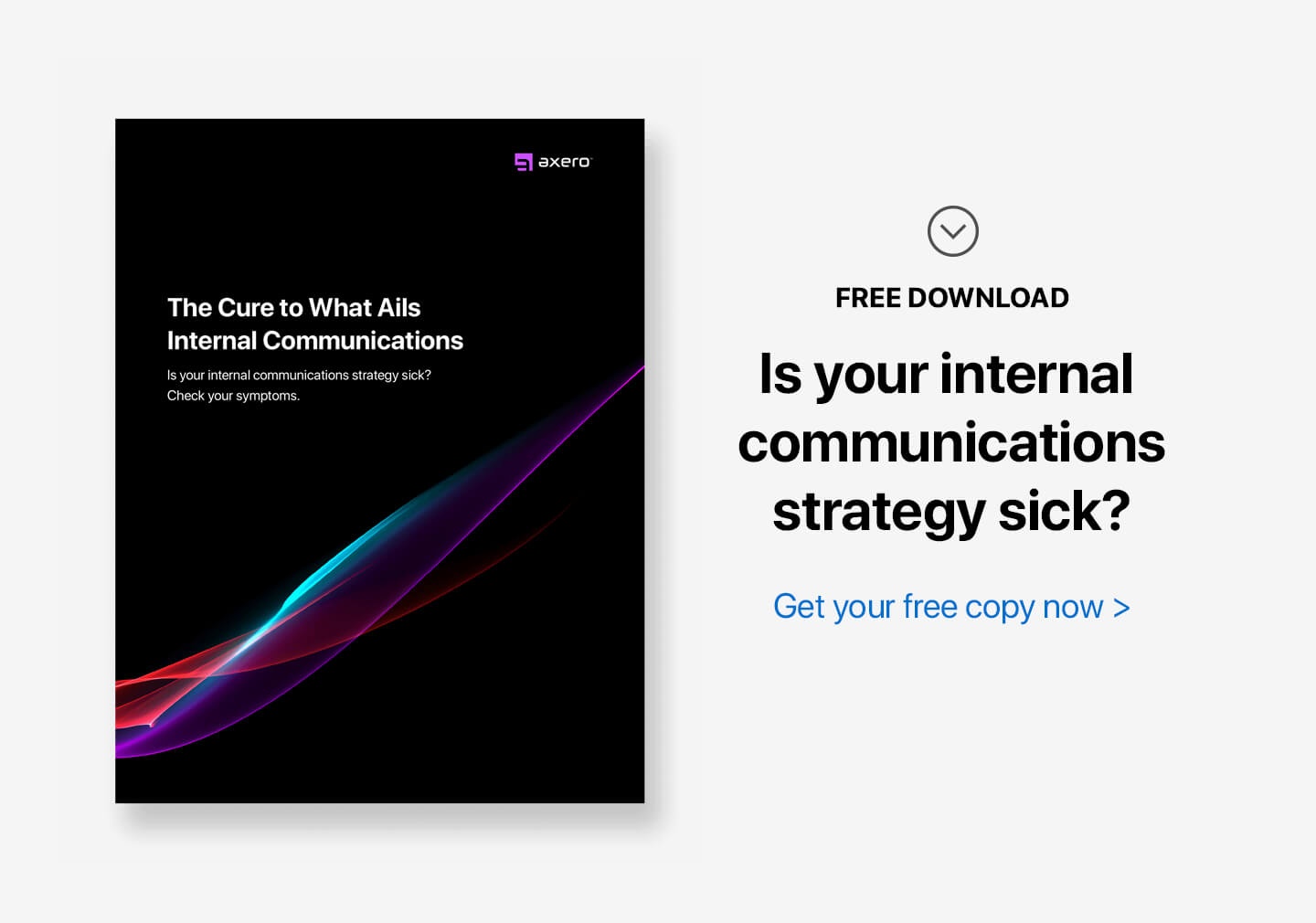New employment. Relating to fellow employees.
— Sr. Professional Business Development Executive
A new job comes with a lot of excitement, but also with some awkward moments. Will my coworkers like me? Will I make a good first impression? Will I fit in? Great companies know how to make new hires feel at home and keep the excitement going. For the rest of us, the opposite is often true: the novelty wears off, but the awkwardness lingers and becomes part of the job.
A feeling of isolation in the workplace is nothing to dismiss. The General Social Survey of 2016 found a link between loneliness and burnout. Almost half of the survey participants said they were often or always exhausted at work. And loneliness was a factor.
Workplace burnout is not a new problem. Some industries, like healthcare, have been battling it for decades. Most of the advice for burned-out managers and employees centers on relieving stress, learning mindfulness, or reducing workload. Some recommend practicing acknowledgement and better listening techniques. But virtually no one talks about getting to know your coworkers.
And yet, building relationships at work can accomplish all that and more. What better way to relieve stress than to share a laugh with someone who’s been there with you? Want to become more mindful? Ask your colleagues to point out your blind spots. If they know you well, they won’t hold back. Too many deadlines coming up? Ask for help and advice.
“That sounds wonderful, Tim, but if you knew my coworkers, you wouldn’t be asking them for any help or advice.”
It’s funny how that works. The less we know about people, the more we expect them to be different from us, and the less we try to make a connection. It’s like there’s a wall between us, and we don’t even know we’ve built it ourselves.
Fortunately, the reverse is also true. When we open up to people, we inevitably find out that we have more in common with them than we thought. That makes us want to get to know the other person even better. We feel as though we want to make up for being overly cautious or judgmental at first sight.
The better you know your coworkers, the more you appreciate them, and the more you’re inclined to listen to them and take their troubles to heart. There goes your loneliness—and with it, a big part of the burnout you’ve been carrying with you from job to job.
Some employees are more vulnerable to feelings of isolation than others. It’s no accident that today’s challenge comes from a Sr. Professional Business Development Executive. Sales and BD are often on the road, taking in all kinds of pressure and rejection. Strong in-house support can mean the world to their performance and self-esteem, which is why it’s so important for them to relate not only to prospects but to their fellow employees too.
How does an employee solve this challenge?
In the previous posts, we’ve talked a lot about what managers and employers can do to help employees get to know each other. Today, let’s see what we can do for ourselves.
Clear Your Mind
In many spiritual traditions, our opinions of others are projections of our own insecurities and judgments we have made against ourselves. You can use this idea to break the ice between yourself and someone you find difficult to relate to.
Next time a coworker gives you a negative first impression, accept your feelings, but spin them as your subconscious telling you something you don’t want to hear about yourself. For example, if it bothers you that your new colleague talks too much, ask yourself whether you sometimes worry about being self-centered and boring.
This exercise may show you that your all-powerful first impression had little to do with the actual person. First impressions are revealing. However, when they carry an emotional charge, it’s almost always because of what we bring to them from our past. If that’s the case for you, know that you can let it go and start the relationship fresh.
On top of our personal hang-ups, our brains carry biases ingrained in human psychology. For example, the Fundamental Attribution Error states that we attribute to an individual’s character behaviors that might be caused by external factors. For example, when we see a coworker eating lunch at her desk, we’re more likely to assume that she’s antisocial than that she had a tough deadline to meet that day.
Ask to Be Introduced
Typically, it’s your manager’s job to introduce you to the team and anyone else who can help you do your job. But if your manager has failed to do so right away, don’t be shy to remind him or her.
Make a list of all the coworkers you want to meet during your first couple of weeks on the job. The more people you meet and the more facts you gather about the company, the easier it will be for you to relate to them and their ways of doing business.
Do Them a Favor
With a little effort, we can turn the tables and put our psychology to work for us. The consistency principle states that we will change our attitude to match our actions. Accordingly, the easiest way for us to like and relate to another human being is by doing him or her a favor.
So, if you dislike your coworkers, offer to do something nice for them. Buy them lunch. Give a training session. Volunteer to organize an outing. Carpool. And remember: you’re not doing it for them to like you. You’re doing it so that you can like them.
Seriously, there’s no reason why one human being cannot relate to another. We all have so much in common, starting with our psychological errors, biases, judgments, assumptions, and other human failings. As long as you’re not perfect in every way, you’re welcome in the club!
_________
If you want to relate to your employees, you might like my book, because it gives you twenty-three ways to find common ground.









